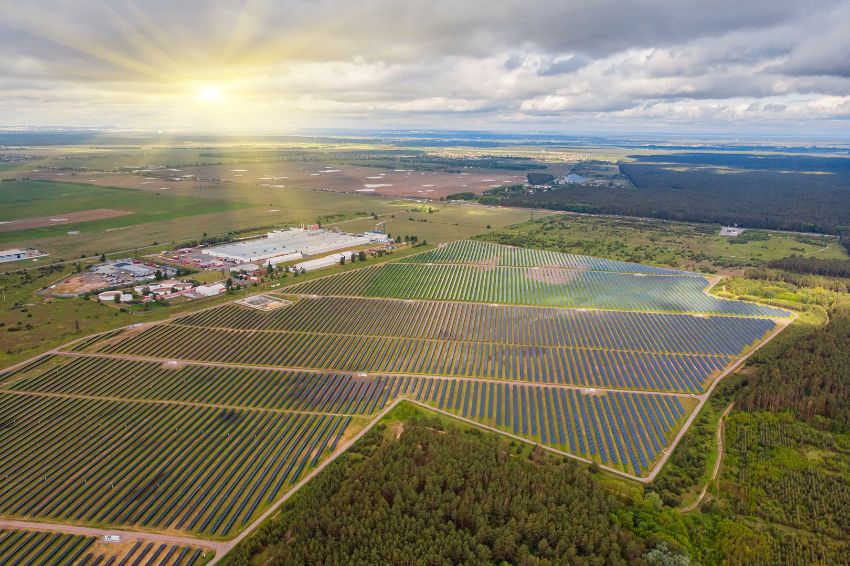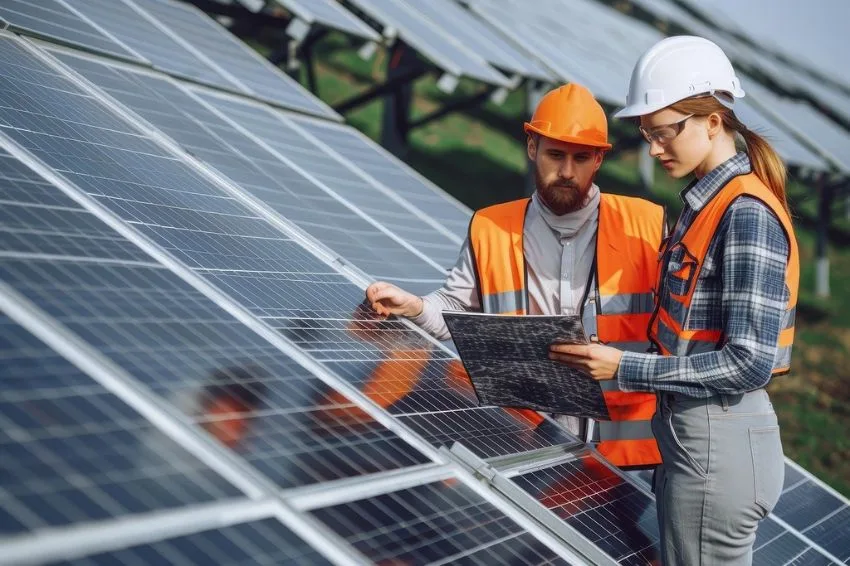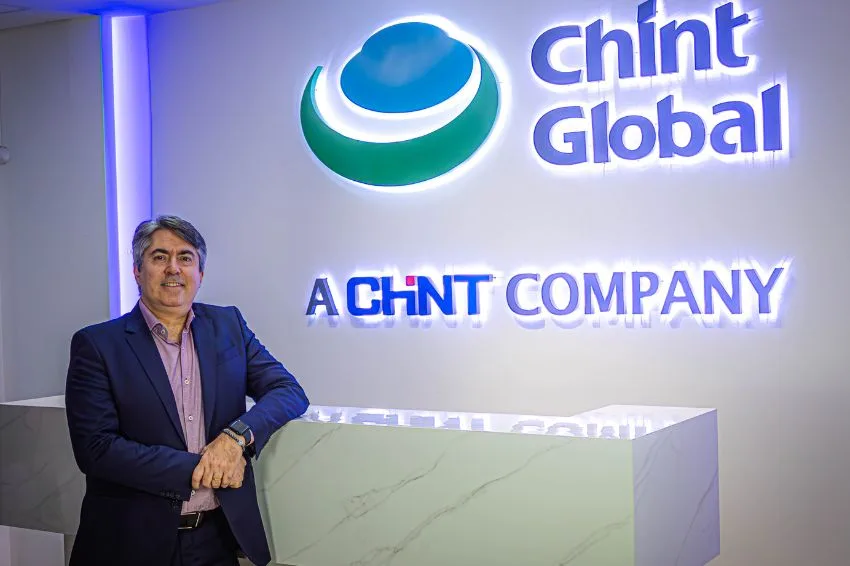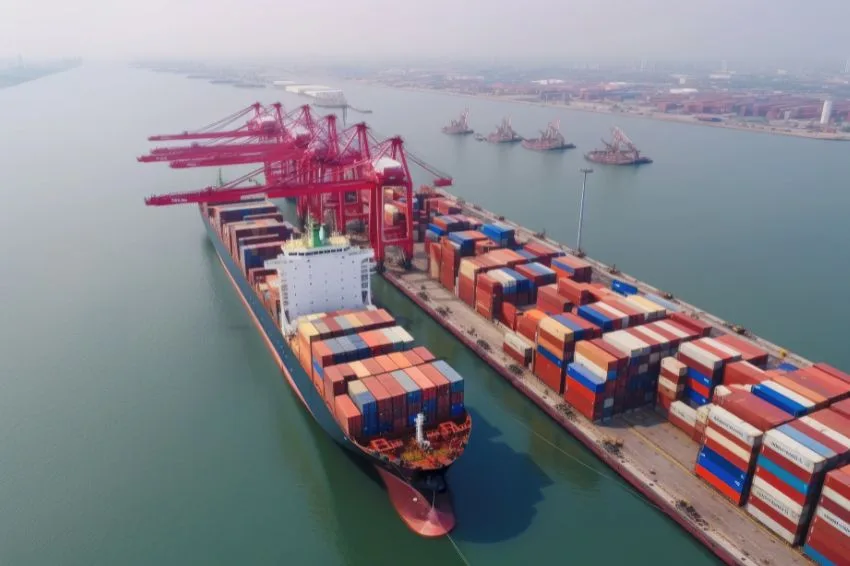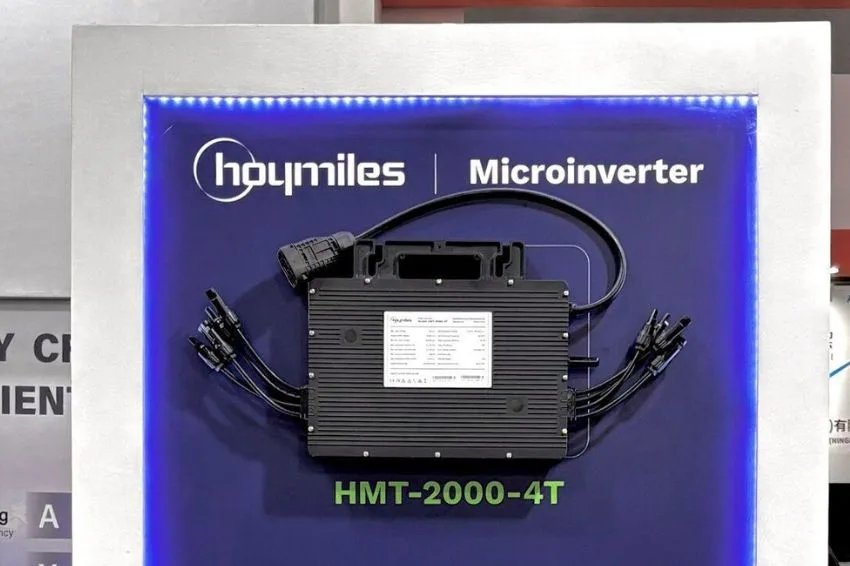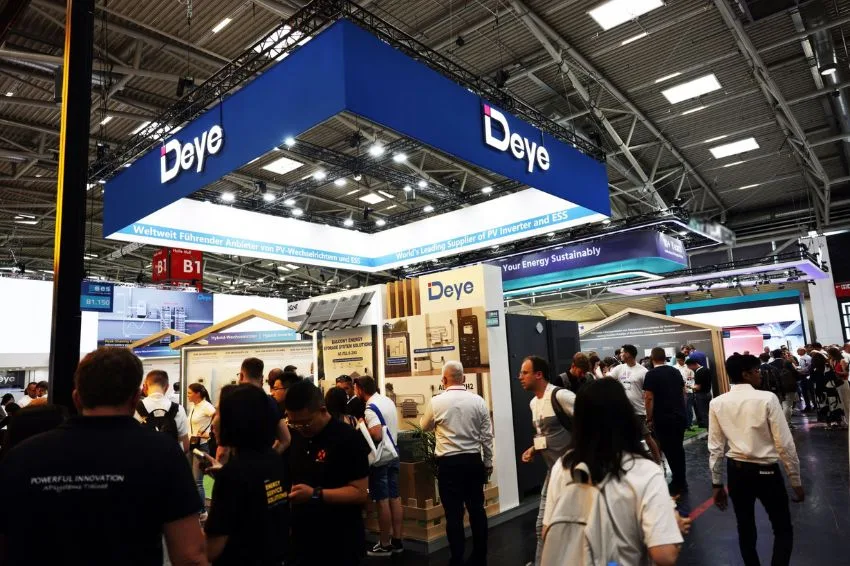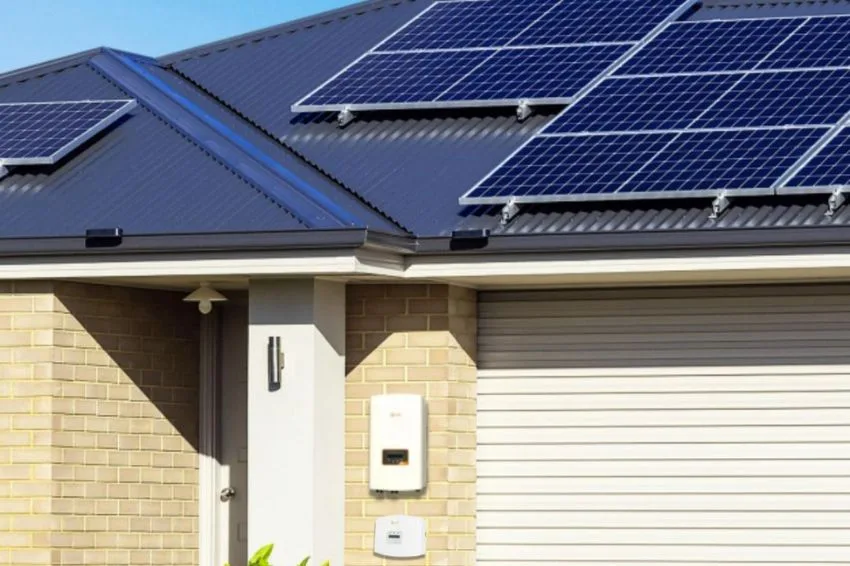The photovoltaic market has faced a challenging year in Brazil. Professionals interviewed by Canal Solar pointed out that the first half of 2023 experienced ups and downs.
Macroeconomic conditions, including the rise in financing interest rates – linked to the Selic rate, which reached 13.75% per year – and stricter credit approvals, made many projects difficult.
On the other hand, the payback time (return on investment) of photovoltaic systems in the country fell even after the entry of the new DG (distributed generation) rules.
The main factor that contributed to this result, according to a study by Greener, was the reduction in the price of equipment, which fell by 17% in the first half of 2023 compared to the same period last year.
In the base case of residential systems (4 kWp), there was a reduction of 15% in payback under the conditions of the GD 2 scenario (after Law 14,300). A residential system, on average, in the state of São Paulo, for example, which previously had a payback of 4.7 years, fell to 4 years in the GD 2 scenario in 2023.
Therefore, throughout the year, the market experienced different scenarios, which positively and negatively impacted solar energy consumers.
But, what are the predictions for the rest of the year?
Nuno Verças, CEO of Aldo Solar, commented that this year everyone suffered from the same mistake, which was to accelerate sales at the end of last year out of fear of the “non-existent ghost” of Law 14,300.
“The truth is that a lot of people were harmed. However, the outlook for the market is good. At Aldo, sales volume has improved substantially – almost 60% more than the figures for April, which was our worst month in 2023”, he compared.
The optimistic scenario he cited takes into account the fact that the national market is more adapted to the rules of Law 14,300 and also the fact that the legislation presents significant advantages in relation to the laws of the vast majority of countries.
“Today, the credits received by Brazilian consumers from distributors are better than those received by any consumers in European countries. Countries that have good rates there offer up to 12% of credit, while in Brazil the consumer has more than 70% of credit in their account. In other words, the law is favorable for Brazilians to have their equipment”, he added.
“My main concern, currently, is the risk of potential legal uncertainty arising from political movements that seek to limit the scope of the 14,300 itself, allowing energy concessionaires to deny on-grid projects. This for me would clearly be an offense to Brazilian consumers by denying them access to their own energy generation”, stated Verças.
Furthermore, Aldo's CEO said that the high level of sunshine in the country and the large growth margin that still exists for micro and mini generation plants only strengthen the thesis that the national market will remain prosperous for many decades.
“In Brazil, only 2% of homes have photovoltaic energy. In the vast majority of European countries this rate is at least three times higher. In Australia, more than 26% of homes already have a solar energy system. In other words, if in the last three years we have had great growth in the source and even so we only have 2% of houses with solar, imagine how much space we still don't have to grow”, he concluded.
Recovery of the sector will be gradual
In the view of Eduardo Villas Boas, CEO of Esfera Solar, the worst scenario is behind us and the recovery will be gradual, requiring more qualified and agile management from everyone.
“The market for small and medium-sized plants (up to 5 MW) for leasing and/or selling energy was one that showed promise, but it was not enough to cover the drop in the microgeneration market, which proved to be quite pronounced. To overcome this situation, it is essential that the integrator seeks solutions in the sector to sell a product with greater added value. To do this, he needs to specialize more and more”, he highlighted.
Regarding the distribution of photovoltaic equipment, Villas Boas commented that the challenge was to 'clear' old stocks with the least possible impact on their cash flow, and change the business model working with reduced stocks, compared to 2022 levels. .
“It is evident that with the maturation of the market, with the increase in sales of electric cars and with the drop in prices of hybrid systems, we face a scenario of growth in the sale of storage and charger solutions”, he reported.
Bruno Catta Preta, director of Institutional Relations at Genyx, is also optimistic about advances in the Brazilian photovoltaic sector, despite the segment occasionally encountering some obstacles, such as the need for investments in electrical system infrastructure to support the growth of demand for solar energy.
“Currently, we have a much more mature sector and increasingly qualified professionals, in addition to having end consumers who are better informed and aware of the real benefits of solar,” he added.
Another point highlighted by the executive is that with the beginning of a fall in interest rates in the country and the reductions in the cost of raw materials for solar panels, such as polysilicon, business volume should increase until the end of the year.
“Brazil is very promising in the renewable energy market and solar is the global hot topic. Proof of the expectation of Brazilian leadership in the near future is COP-30 in 2025, which will be held in the state of Pará”, he emphasized.
“The event will certainly attract international attention and we hope to receive large investments from other countries to further accelerate the growth of the Brazilian photovoltaic market”, concluded Catta Preta.
Check out the full report at 19th edition from Canal Solar Magazine.


